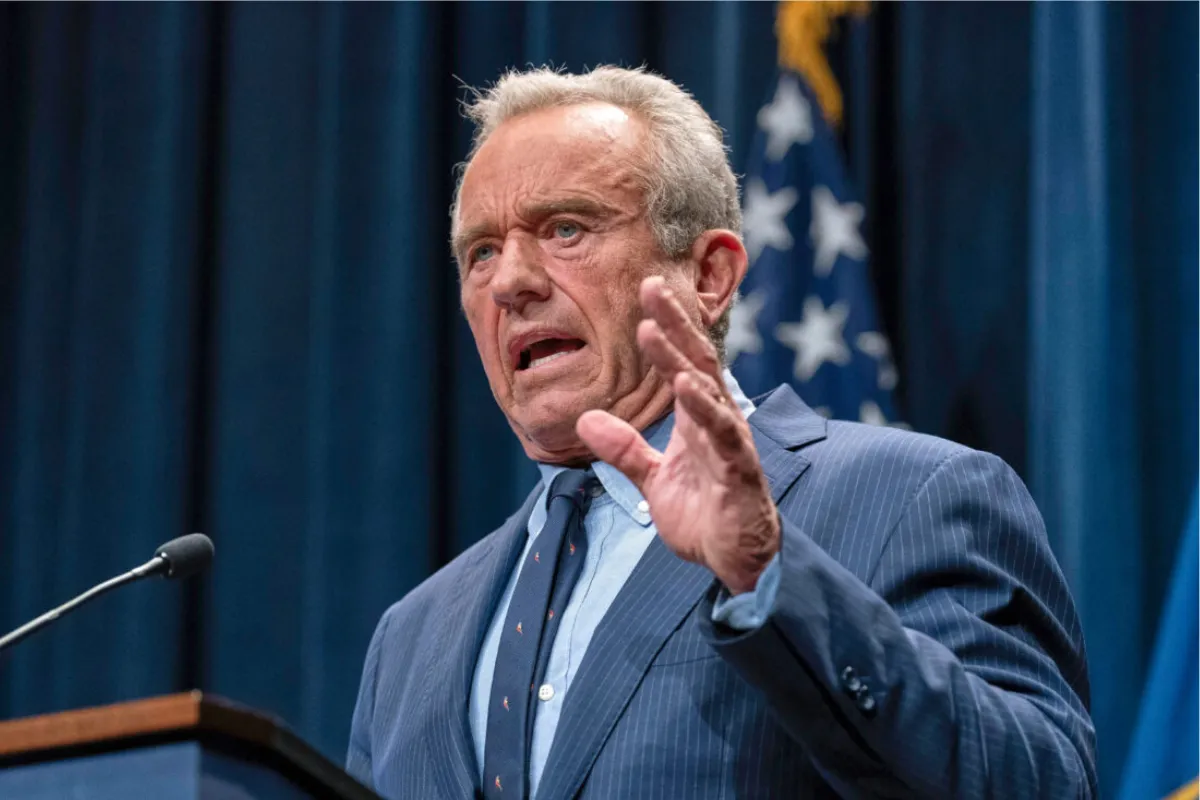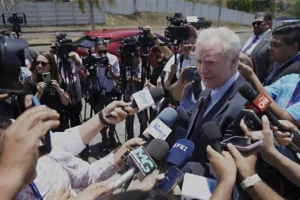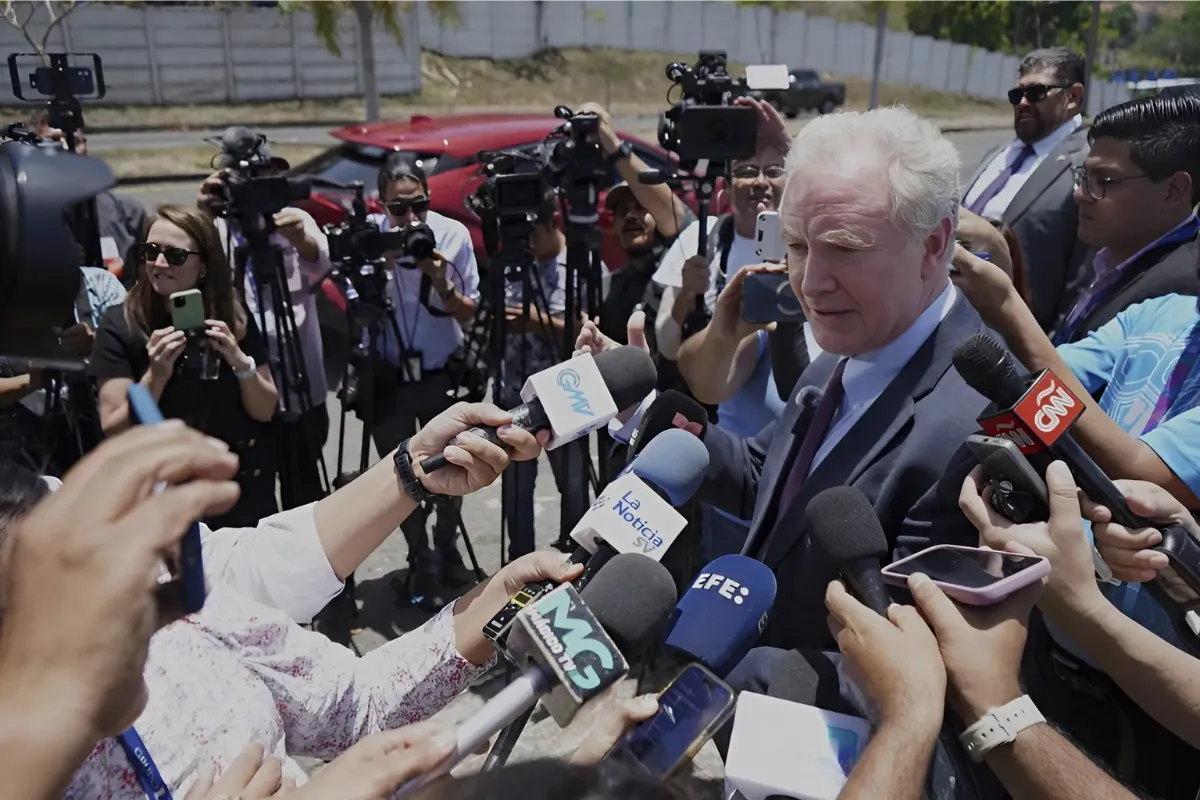Marking a bold move toward healthier food across America, West Virginia Governor Patrick Morrisey joined U.S. Department of Health and Human Services Secretary Robert F. Kennedy Jr. in Washington, D.C., to announce a new national initiative: the phasing out of synthetic food dyes from the U.S. food supply.
The announcement, made during a press conference with FDA Commissioner Dr. Marty Makary, comes just 30 days after Gov. Morrisey signed House Bill 2354 into law. This bill, passed in West Virginia, bans certain artificial food dyes and additives from being sold or served in schools, starting January 1, 2028.
A National Shift Toward Natural Ingredients
Kennedy emphasized the urgent need to remove petroleum-based dyes from food, calling the initiative “existential for our country.”
“We’re going to get rid of the dyes,” Kennedy said. “For those ingredients that we can’t yet ban legally, we’re going to make sure Americans know exactly what they’re eating.”
Under the plan, the FDA will revoke authorization for Citrus Red No. 2 and Orange B within months and begin working with companies to eliminate six additional synthetic dyes—including Red No. 40, Yellow No. 5, and Blue No. 1—by the end of 2026.
To help with the transition, the FDA will approve four new natural food dyes in the coming weeks and accelerate the review process for others. Additionally, they plan to partner with the National Institutes of Health (NIH) to study the effects of artificial dyes—especially on children’s behavior and development.
“Protecting the Most Vulnerable”: Morrisey’s Mission
Gov. Morrisey, a vocal advocate for clean food policy, reiterated his commitment to children’s health.
“I want to get the crap out of our food and improve the quality of school meals,” Morrisey said. “Our kids deserve real food—not chemical shortcuts designed to trick the eye but hurt the body.”
Morrisey highlighted the four pillars of his health campaign launched in March, with “cleaning up food” as the first step. The West Virginia law bans food dyes like Red No. 3 and Yellow No. 5 from both commercial products and school nutrition programs, beginning August 2028.
“Making America healthy again isn’t just a slogan—it’s a mission,” he added.
FDA Bans Red Dye No. 3
The FDA had already taken action earlier this year, banning Red Dye No. 3 after cancer links were found in lab mice. The ban requires removal from food by January 15, 2027, and from oral drugs by January 18, 2028.
FDA Commissioner Makary noted the agency’s fresh direction: “We can’t keep doing the same things while our kids get sicker. These changes mean we’re effectively removing all petroleum-based dyes from U.S. foods.”
He encouraged companies to use natural alternatives like beet juice, watermelon juice, and carrot extract instead of chemical-based colorants.
Debate Over the Science
Despite the momentum, the move isn’t without controversy. Critics, including Cato Institute fellow Jeffrey Singer, argue the evidence linking food dyes to health problems is inconclusive.
“Most studies are correlative, not causative,” Singer wrote. “People should be able to choose whether they want products with these additives, just as they can choose organic food.”
Nonetheless, Kennedy credited West Virginia’s leadership for setting the tone nationally, suggesting the state’s ban gave food manufacturers the nudge they needed to start phasing out harmful ingredients.
As the FDA and health agencies push forward, the U.S. is entering a new era of transparent and health-focused food regulation—with West Virginia leading the charge.










